Luckwalker: Feel the sheer joy of making your own product
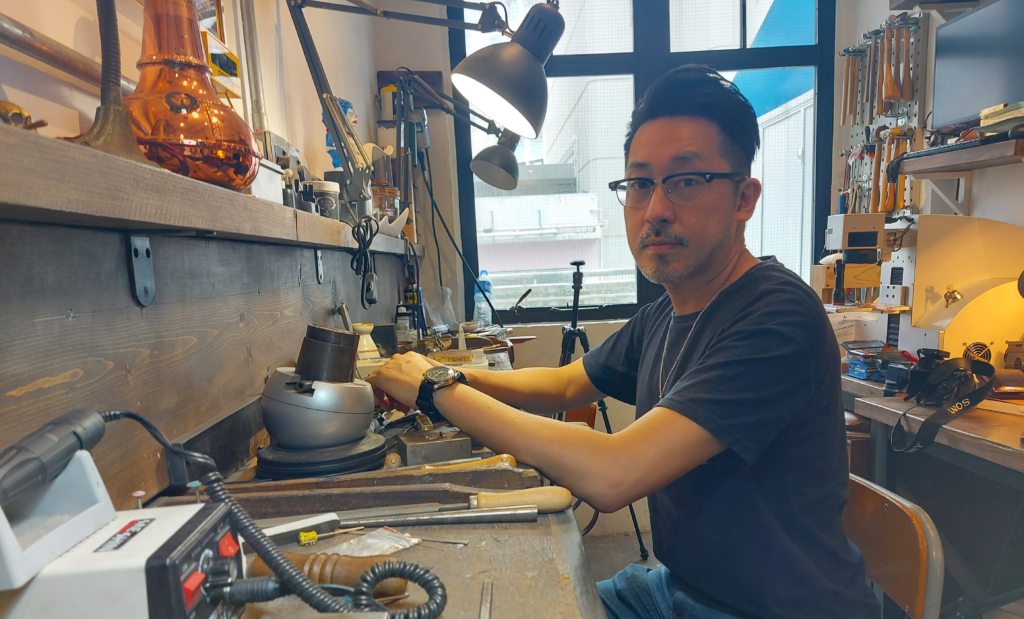
Author : Kelvin Lai
English translation :Trinity Chan
English translation :Trinity Chan
‘Cheap or beautiful goods can be found everywhere, but it’s harder to find something personalized or that you really like.’ It is normal to pay for the things you want, but have you ever paid to DIY something you like? Edward Wong founded Luckwalker a few years ago and devotes himself to making metal accessories. He believes that every DIY product is unique and the efforts expended can’t be measured in money as making your own product is way more meaningful than buying a finished product.
Getting lifelong experience and skills on the path to metalworking
Having a passion for making his own stuff, Edward first learnt about metalworking only to make metal accessories for leather goods. As he became more interested in metalworking through online self-learning, he enrolled in a jewelry design course. He reckons that the skills one can learn in a professional course are more comprehensive compared to self-learning. Later on, he set up his own studio, but he found out that the expenses for both the rent and the metalworking tools are too high, which makes it difficult to run the business in the long term. As a result, he decided to conduct courses for the public not only to help with the expenses, but also to promote the DIY concept. He described his studio as no different from a coworking space – workshop participants come for the space and tools and experience metalworking as well as making their own works.
Apart from holding workshops, he also receives orders from customers and makes accessories for them. He thinks the largest difference between his company and other jewelry companies is that he makes accessories according to customers’ designs, and each product is unique rather than mass-produced. Although this costs more money and time, it is also more appealing to customers than pre-designed accessories. He admits that customizing accessories makes little money, but he believes the experience and skills he has gained from it are also very important. “It’s like someone else pays you to have a try.” While what customers get are the products, what Edward gets is some lifelong experience.
Apart from holding workshops, he also receives orders from customers and makes accessories for them. He thinks the largest difference between his company and other jewelry companies is that he makes accessories according to customers’ designs, and each product is unique rather than mass-produced. Although this costs more money and time, it is also more appealing to customers than pre-designed accessories. He admits that customizing accessories makes little money, but he believes the experience and skills he has gained from it are also very important. “It’s like someone else pays you to have a try.” While what customers get are the products, what Edward gets is some lifelong experience.
Integrating different skills to let creativity flourish with diversity
When asked why he would choose to do metalwork, in particular small-sized works like accessories, he said it was mostly because of spatial constraints. It is difficult to store large products in a small city like Hong Kong, but there are no such constraints if he makes accessories. Actually, Edward also likes woodworking, and he would join some woodworking workshops or make some small woodworking products himself in his spare time. He believes that as a maker, he shouldn’t confine himself to a single technique, and combining different skill sets helps incorporate diversity into his products.
Some people choose handmade products as they think machine-made accessories aren’t as valuable as handmade ones. Yet Edward thinks handmade products and machine-made products are different in nature and machines help us make better products in a faster way. Sometimes he also uses machines in forming the shape of the accessories and then refines them by himself. ‘Man can never run faster than cars, so why don’t we think about how to make good use of machines instead?’ said Edward, as he believes that makers should know how to make use of machines for their creation and develop new skills to enhance the work’s quality, or otherwise many possibilities will simply be overlooked.
It seems like Edward himself is like a piece of metal – perhaps what we see now is a state of him working on his metal products; in the future, he may be ‘recast’, creating something else with some other skills. Still, the most important DIY maker spirit will always be visible in his works.
Some people choose handmade products as they think machine-made accessories aren’t as valuable as handmade ones. Yet Edward thinks handmade products and machine-made products are different in nature and machines help us make better products in a faster way. Sometimes he also uses machines in forming the shape of the accessories and then refines them by himself. ‘Man can never run faster than cars, so why don’t we think about how to make good use of machines instead?’ said Edward, as he believes that makers should know how to make use of machines for their creation and develop new skills to enhance the work’s quality, or otherwise many possibilities will simply be overlooked.
It seems like Edward himself is like a piece of metal – perhaps what we see now is a state of him working on his metal products; in the future, he may be ‘recast’, creating something else with some other skills. Still, the most important DIY maker spirit will always be visible in his works.

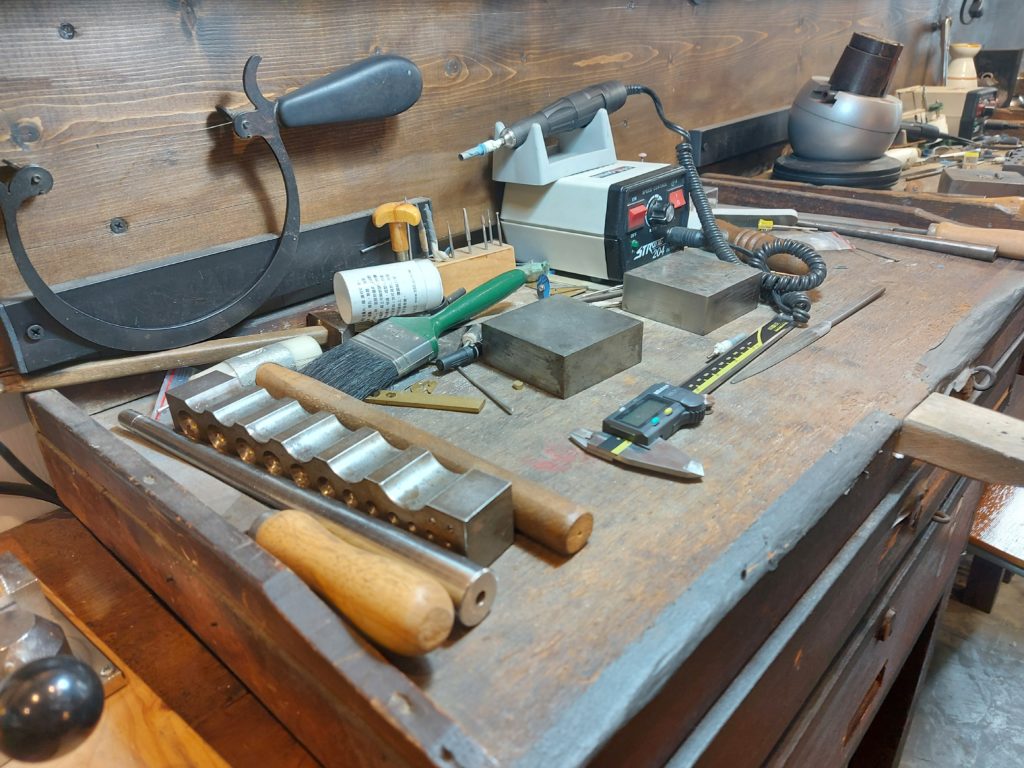
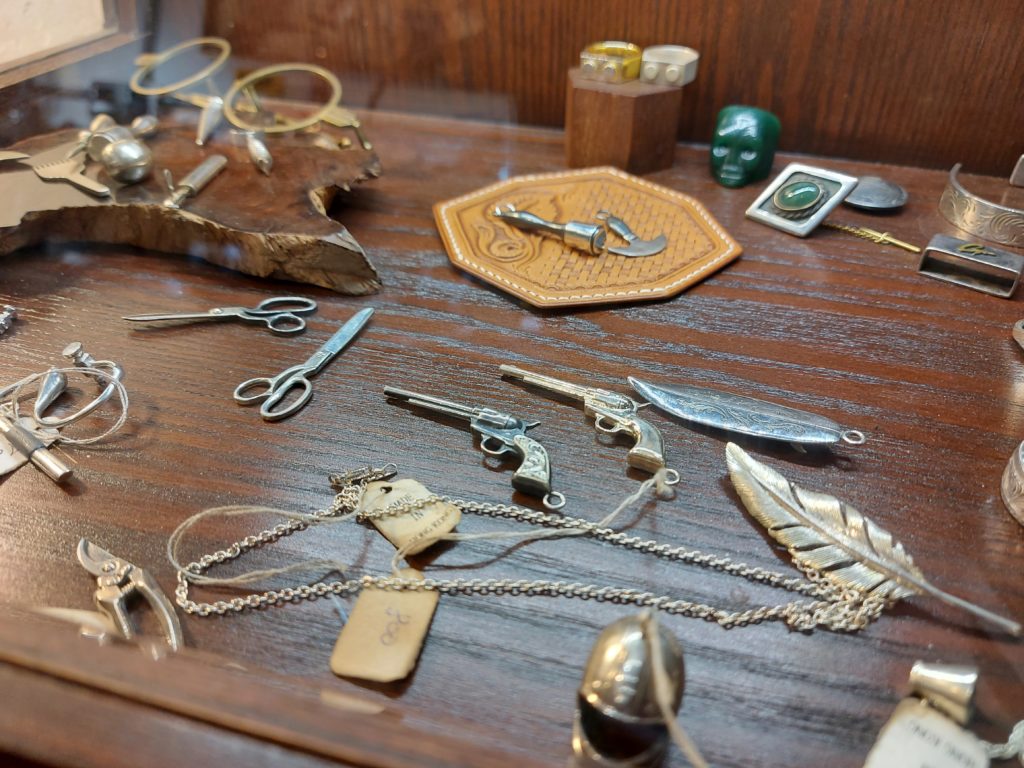
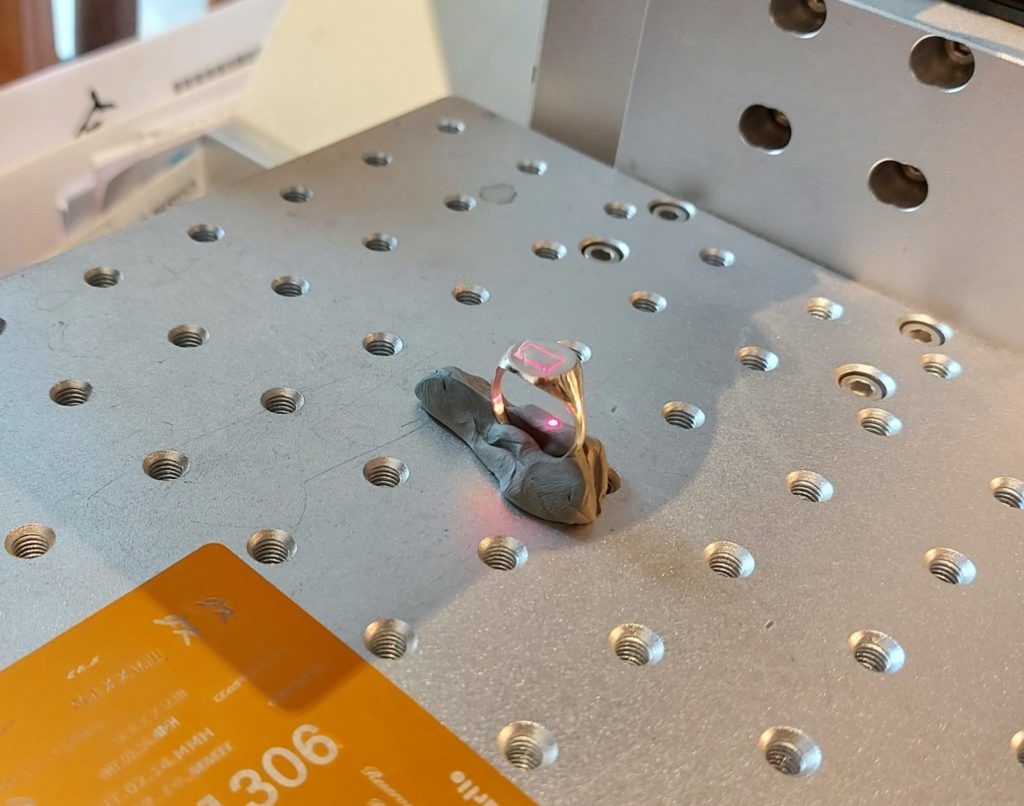
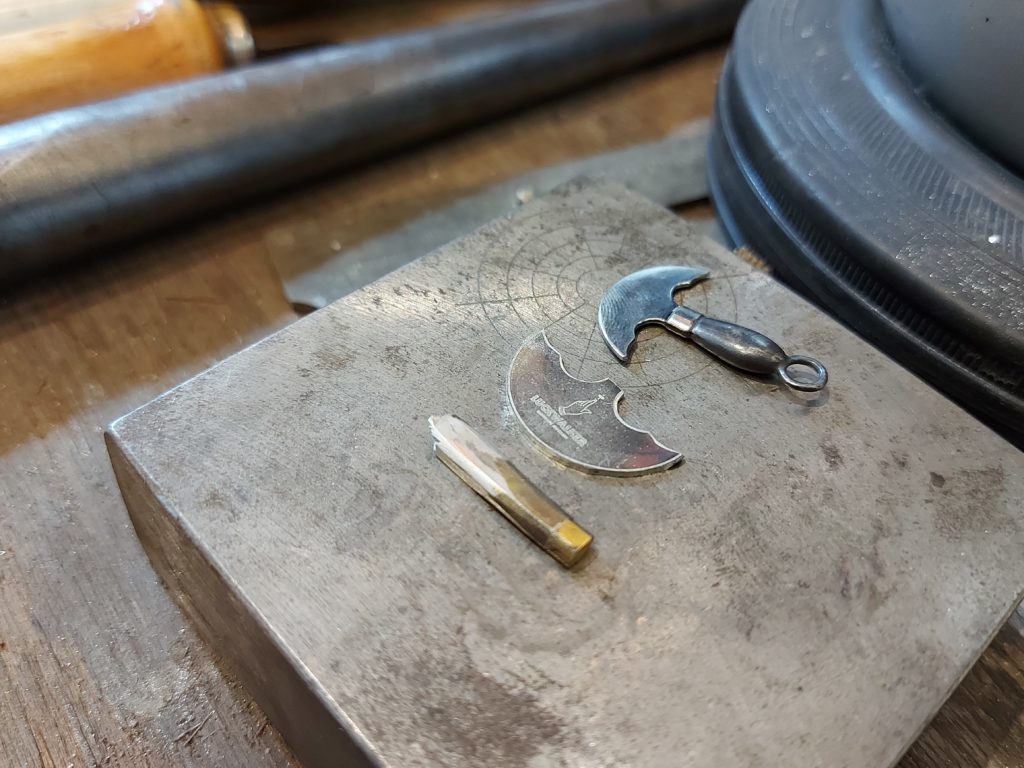
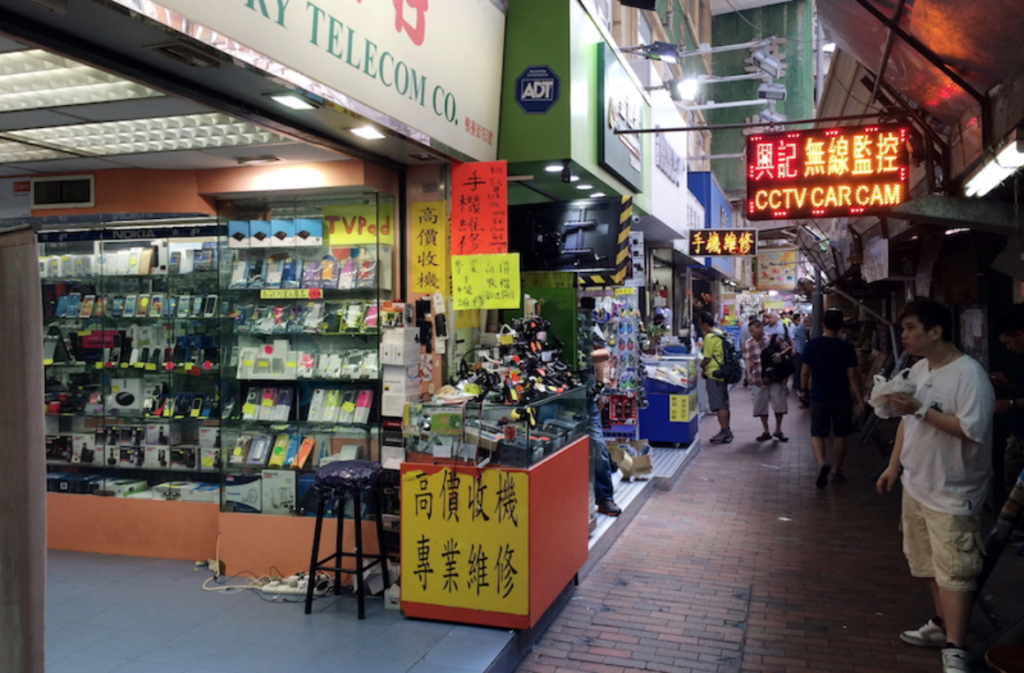
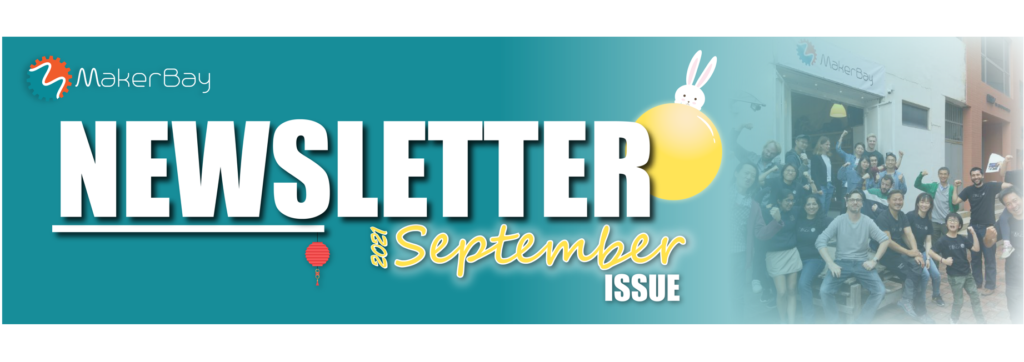
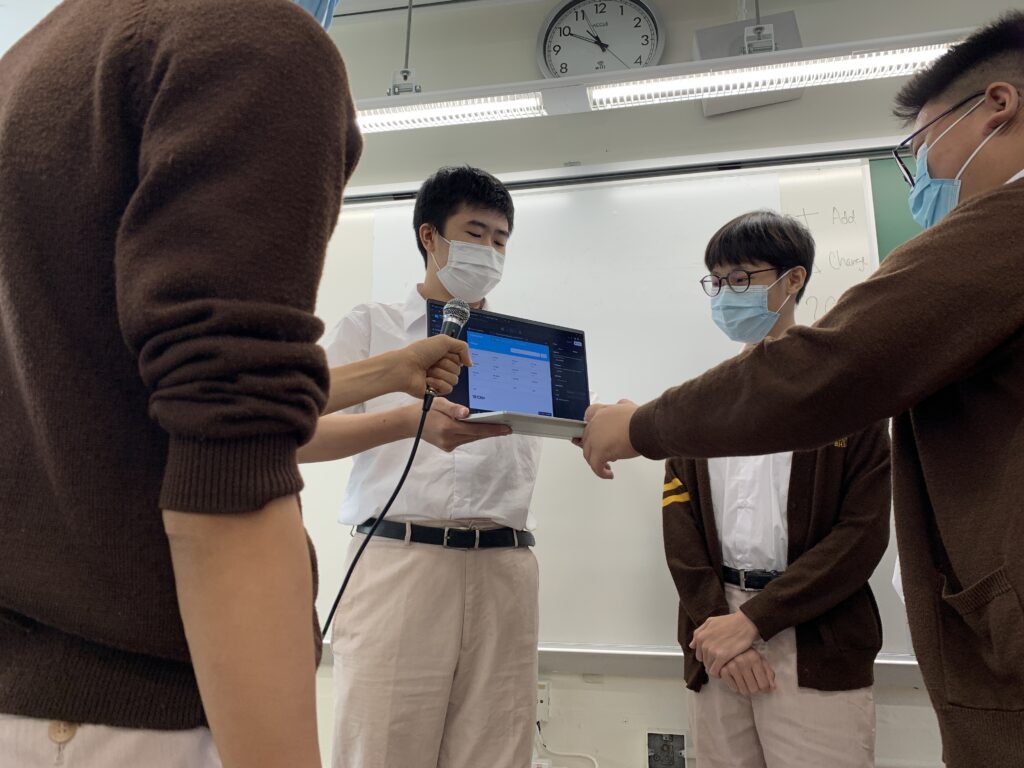
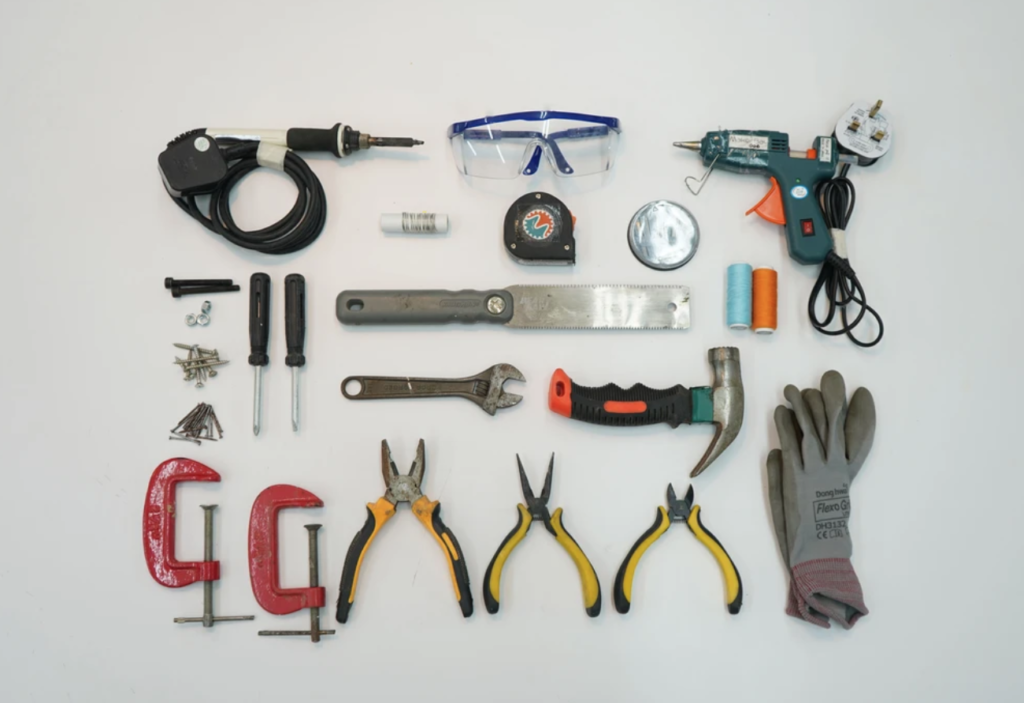
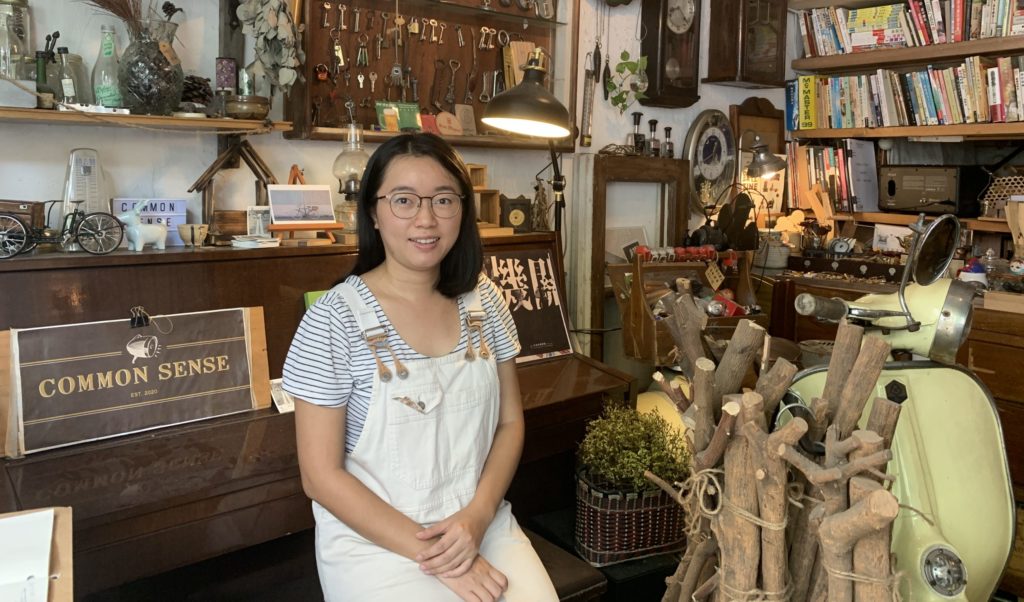
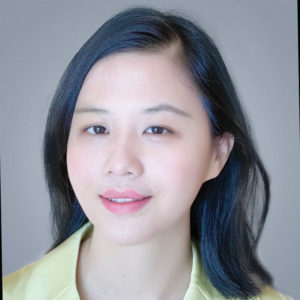
Responses